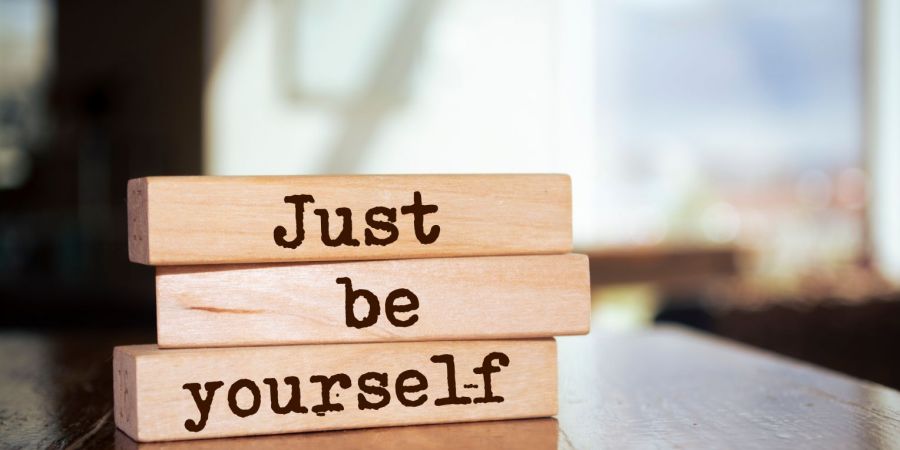

The expression “Be Yourself” implies much more than just what two words can communicate. Being oneself is one of the most essential assets anyone can acquire. It is the pathway to inner peace and success. This idea has been expressed, by millions of people, from thousands of cultures throughout generations across history.
Being yourself means knowing yourself; this includes your likes, dislikes, preferences, character, and how you tend to interrelate with others. The objective of this essay is to explore the mysteries of “Being Yourself” and why it is such an important attribute to posses. The idea doesn’t have a singular definition or meaning but requires self-reflection and deep exploration of the true nature of who one is.
Knowing oneself is the foundation of “being yourself.” Having strong self-awareness is the most vital component. Being aware of your beliefs and opinions allows you to solidify them when interacting with others. Having a thorough understanding and acceptance of different parts of who you are will prove essential when making decisions that can provide guidance moving forward. It is also important that one realizes that being yourself may not be popular in the eyes of others.
There are times when you may go against the grain but having that strength of character to do what is right for yourself is a major part of building your own identity. In addition to self-awareness, to be yourself requires confidence. That does not mean to be ostentatious but to have an internal assurance of being able to trust and rely on yourself more often than not.
The path of “being yourself” is not always easy as many external influences can create internal hesitations. Rejecting the noise that others may impose will allow one to develop durability towards criticism and a confidence in their own opinions. That being said, it is important to understand that self-confidence does not come overnight and that it is an ongoing process. After overcoming self-awareness and growing in self-confidence, it is essential to appreciate that every individual is unique. Nobody has the exact same perspectives, abilities, or experiences.
They are all special and should not be measured against one another, but instead appreciated. Having a respectful understanding of this can awaken appreciation for differences, assisting in developing meaningful relationships and providing insights to connect with the world. In conclusion,
“being yourself” requires self-reflection and exploration of one’s true nature. It is based on self-awareness, confidence, and appreciation of oneself and those around them. Most importantly, it is important to remember that the path of being oneself is not linear and takes time. It is important to be patient and maintain consistent focus when discovering yourself. With patience, “being yourself” is one of the most rewarding and indispensable traits that anybody can possess.
